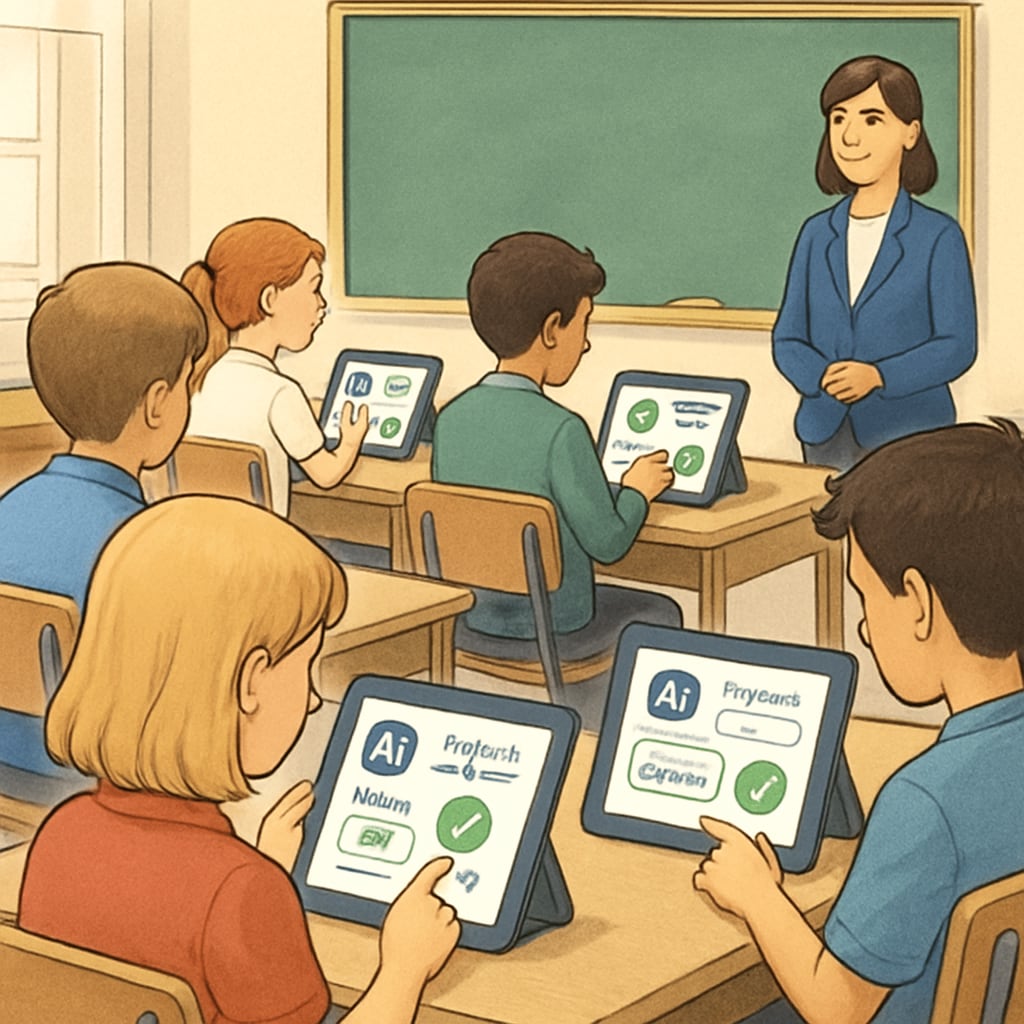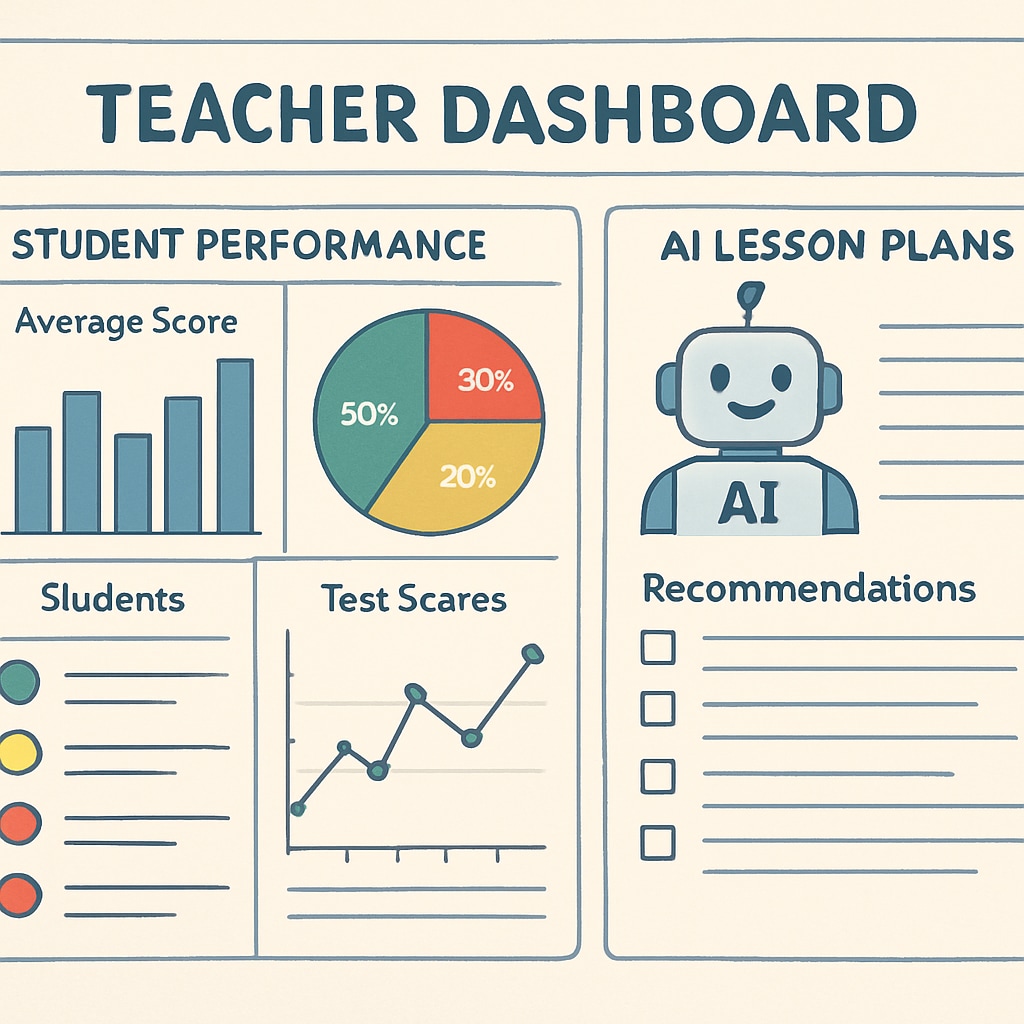AI-driven productivity applications, combined with intelligent feedback and deep progress tracking, are revolutionizing K12 education. These advanced tools are reshaping the landscape of teaching and learning by offering personalized learning experiences, improving student engagement, and optimizing teacher efficiency. As AI technologies become increasingly integrated into educational systems, the potential benefits and challenges call for deeper exploration.
The Role of AI in Enhancing Productivity in Education
Artificial intelligence plays a pivotal role in modern education by automating routine tasks, analyzing learning patterns, and delivering tailored recommendations. For example, AI-powered systems can track student progress in real-time, identify areas where they might struggle, and provide actionable feedback to both students and educators. This approach not only boosts student productivity but also enables teachers to focus on high-impact teaching methods.
Key benefits include:
- Real-time progress tracking to monitor individual student growth.
- Automated feedback systems that suggest improvements based on performance.
- Enhanced personalization, helping educators adapt their teaching strategies.

Personalized Learning Through Deep Progress Tracking
Deep progress tracking refers to the ability of AI systems to monitor detailed aspects of a student’s learning journey. This includes tracking the time spent on tasks, accuracy of responses, and conceptual understanding. By leveraging this data, educators can tailor lesson plans to meet the unique needs of each student, ultimately driving better learning outcomes.
For example, adaptive learning platforms use algorithms to adjust the difficulty of questions based on a student’s past performance. This ensures that students are consistently challenged at an appropriate level, fostering both engagement and mastery.

Challenges and Future Directions
While AI-driven productivity applications offer significant advantages, they also come with challenges. These include concerns about data privacy, the need for teacher training in technology use, and the risk of over-reliance on automated systems. Addressing these issues will be critical for the widespread adoption of AI in K12 education.
Looking forward, the integration of AI into classrooms is expected to deepen. Innovations like natural language processing (NLP) and advanced machine learning algorithms will likely lead to even more sophisticated tools, enabling educators to not only track progress but also predict future learning challenges. As a result, schools and policymakers must prioritize ethical AI use and invest in infrastructure and training to maximize the benefits.
In conclusion, AI-driven productivity applications, combined with intelligent feedback and deep progress tracking, are transforming K12 education. By leveraging these tools responsibly, educators can unlock unprecedented opportunities to enhance learning outcomes and create dynamic, personalized teaching environments.
Readability guidance: Short paragraphs and bullet points summarize key ideas. Overuse of passive voice is avoided, and transitions ensure smooth readability. Images are strategically placed to complement the discussion.


